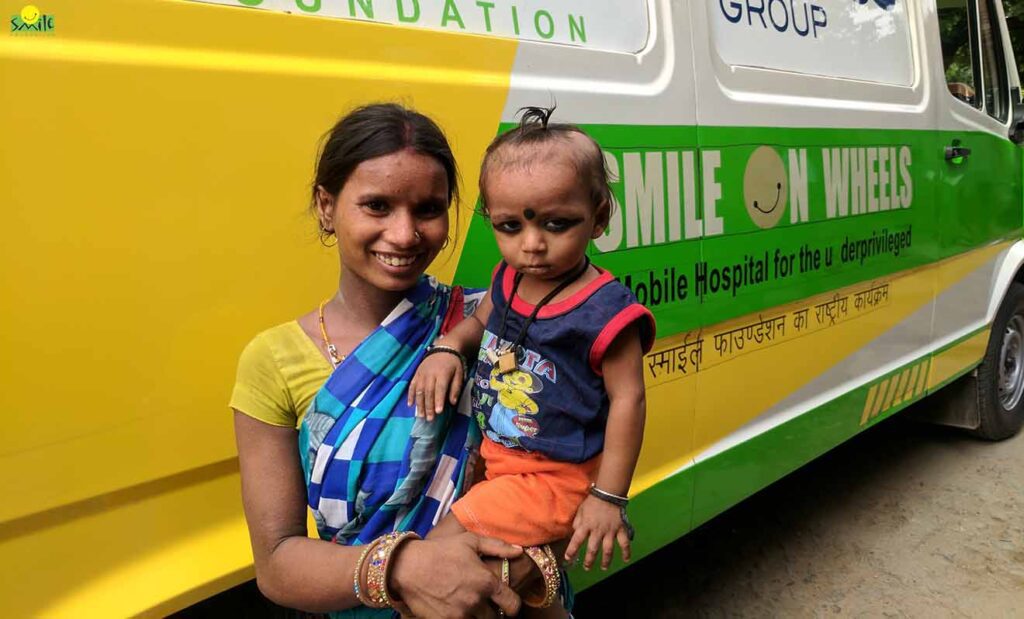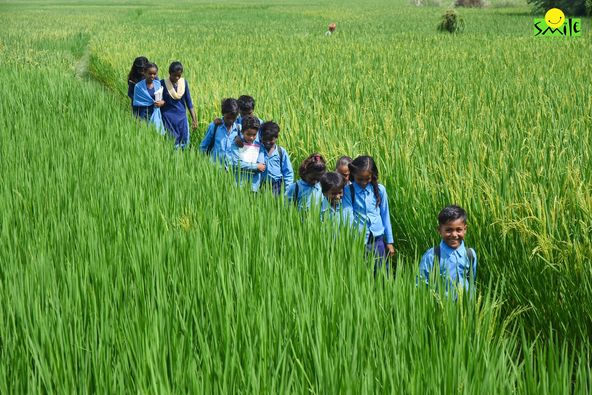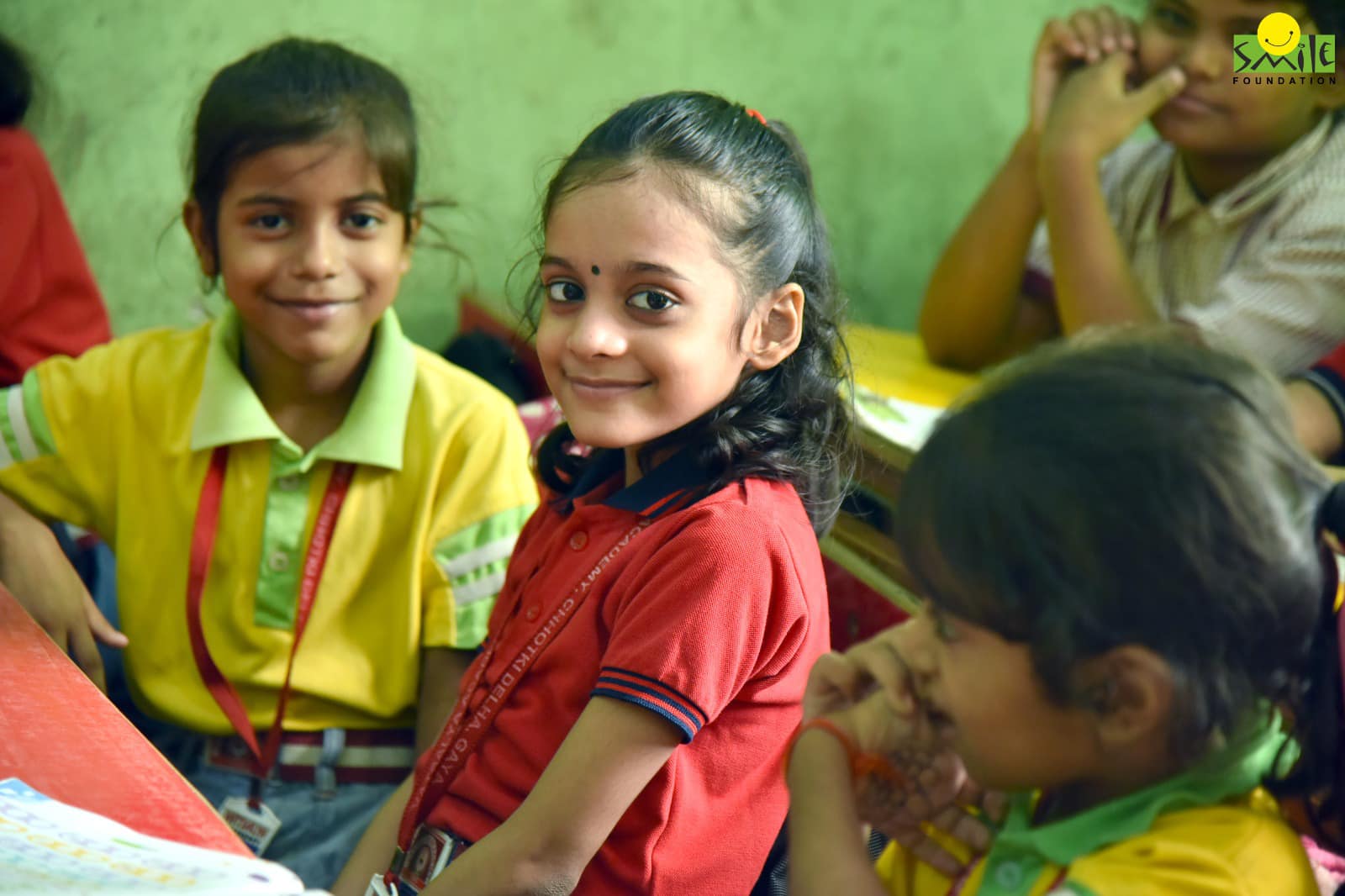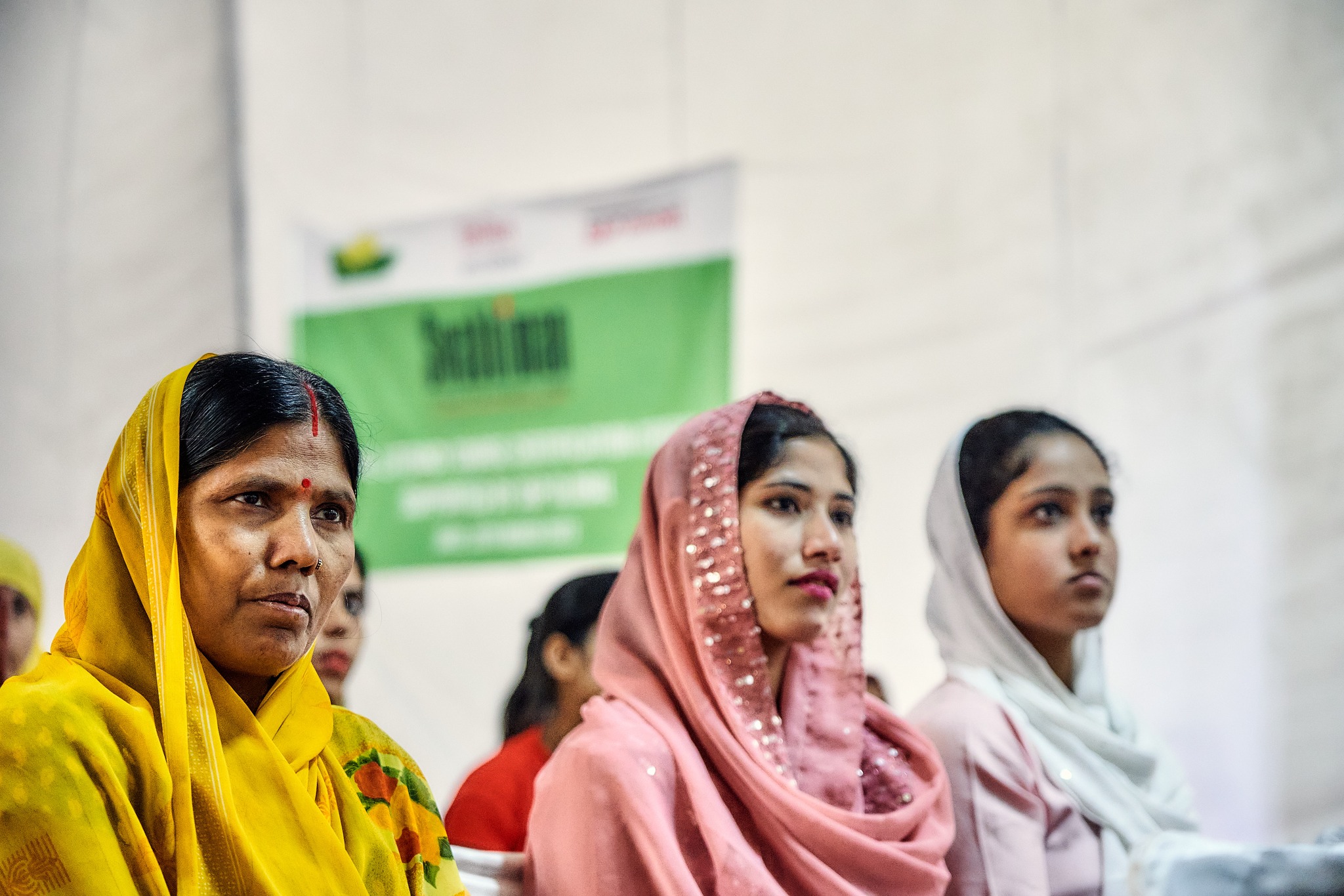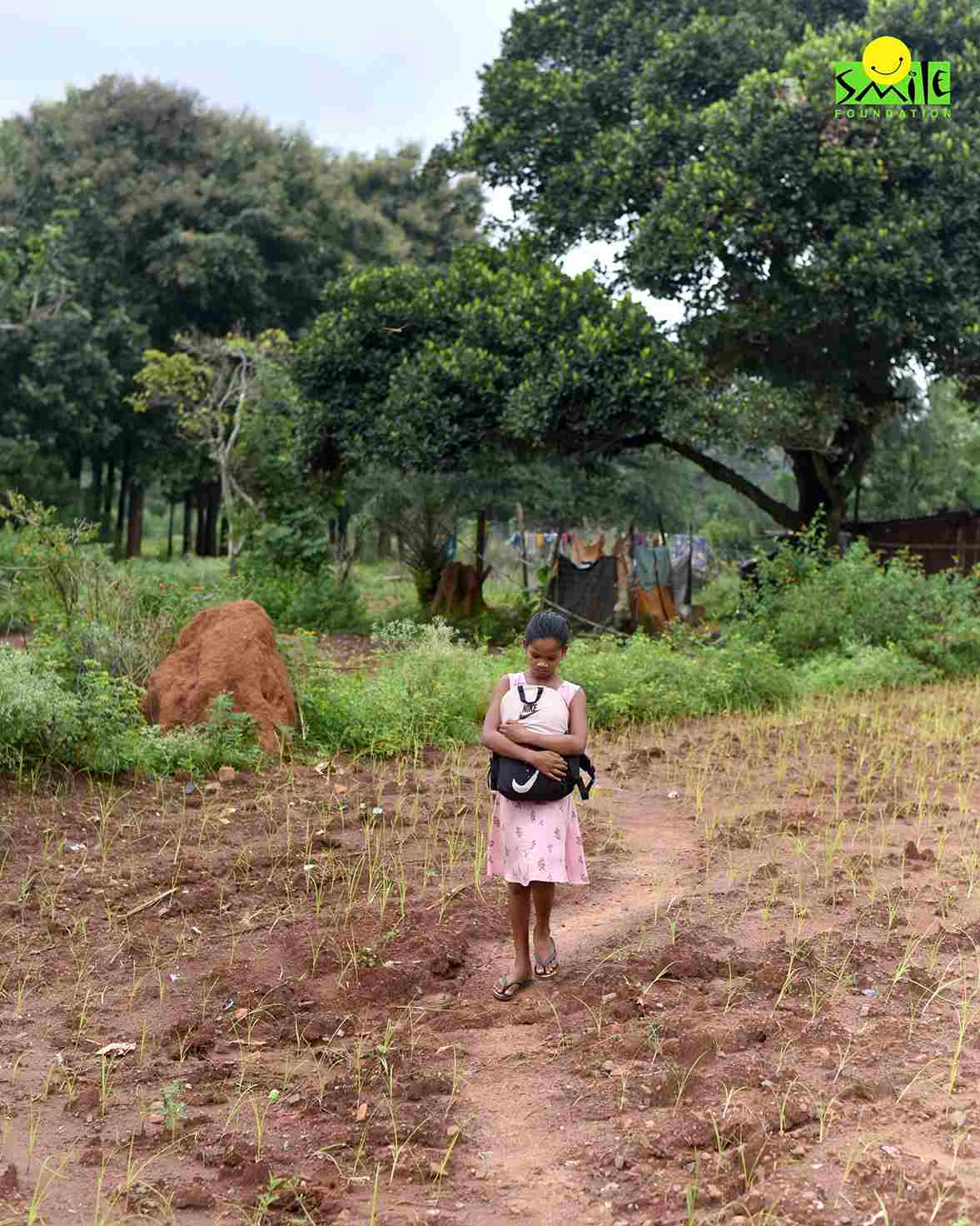Health is interpreted as a state of physical well-being but good health is a combination of a healthy body along with a healthy mind. Health has an impact on the resilience of a society, it’s living standards and productivity.
In a country as diverse as India, a majority of its population – especially girl children are undernourished. Being victims of micronutrient deficiencies and anaemia, malnutrition prevails in its most acute form.
The causes for malnutrition in children can be fundamentally categorised into three substantial rationales – namely immediate, underlying and basic. The immediate causes are a result of poor diet and diseases like HIV, measles, hookworms and various infections like diarrhoea amongst others. The underlying causes pertain to food insecurity, unhygienic living conditions and inadequate health services but the fundamental causes are a result of calamities, poverty, and lack of information and inadequacy of resources.
Irrespective of their dwellings, the underprivileged and the poor end up facing the critical challenge of nutrition shortage. Poor surroundings and lacks of fresh and pure air, sunlight and greenery result in unhygienic environment around the slums. Regardless of regulations on child labour, children work in glass factories, leather industries, brick industries, etc. and end up in a harmful atmosphere. All this can lead to fatal infections like malaria, measles and diarrhoea and in turn precipitate acute malnutrition and aggravate the existing nutritional deficit. Though the government has set up various schemes and programs in this regard but due to lack of awareness, the poor and the under privileged usually remain unaware of the benefits they can entail.
Malnutrition in the expecting mothers is a big contributing factor to the existing state of poor health of the young generation. Their diet is usually inadequate in both quantity and quality. This leads to complications in pregnancy and birth resulting in health conditions of the new born. Many a times their illiteracy and ignorance can be blamed as families are either unaware or choose to ignore the dietary requirements of the expecting mother. Inequitable distribution of food in the family is seen frequently in India. This is primarily due to gender inequality in the society. In most of the poor households, females and preschool children end up receive less food than the economically active male members.
There is a need to inject new energy into efforts to improve people’s nutrition nationwide. A plethora of steps are being taken towards this goal. One such measure taken up is the Midday meal scheme, enabling the poor children to be given food in their respective schools. This has not only led to children being well fed but has also promoted children to attend schools regularly. In a bid to tackle the countrywide public health threat of intestinal worm infections in children, India’s first National Deworming Day took place on the 10th February 2015. This has consequently helped in deworming more than 100 million children every year. Under the Sustainable Development Goals, India has also promised to end all forms of malnutrition by 2025. This addresses the internationally agreed targets on stunting and wasting in children less than 5 years of age and the nutritional needs of adolescent girls and pregnant women.
A good health care system can go a long way in preventing malnutrition in the society. Nutrition intervention addressing the ignorance of proper healthcare and nutrition requirements are needed. Moreover, Self Help Groups (SHG’s) and NGOs can be empowered by the government to help protect the nutrition requirements of women and girls. Attention also needs to be paid to understanding what prevents the nation from achieving its goals related to nutrition. For its part, civil society must respond in a responsible manner. Thus eliminating poverty, education and spreading awareness is the key to ending malnutrition in all its forms. Consequently, this will lead to a healthier and productive society and the economic development of our nation.
Smile Foundation has been been profoundly working on the improvement of health among children, To know more about there initiative please visit https://www.smilefoundationindia.org/smile_on_wheels.html



